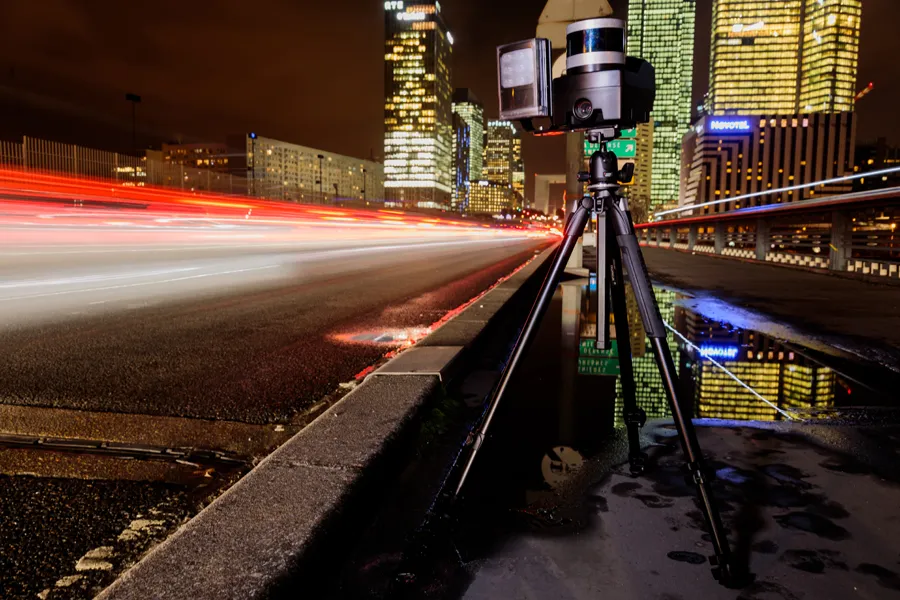Following a successful trial, the City of Toronto in Canada has ordered an initial sixty of LeddarTech’s innovative d-tec 3D non-intrusive overhead traffic sensors based on Leddar (Light Emitting Diode Detection and Ranging) technology for its traffic management needs.
Leddar says that ease of configuration, speed of installation on existing infrastructure, accurate detection in all environmental conditions and its ability to detect objects of all sizes, including bicycles and motorcycles, set d-tec apa
October 6, 2014
Read time: 2 mins

Following a successful trial, the City of Toronto in Canada has ordered an initial sixty of 84 LeddarTech’s innovative d-tec 3D non-intrusive overhead traffic sensors based on Leddar (Light Emitting Diode Detection and Ranging) technology for its traffic management needs.
Leddar says that ease of configuration, speed of installation on existing infrastructure, accurate detection in all environmental conditions and its ability to detect objects of all sizes, including bicycles and motorcycles, set d-tec apart from all other devices on the market.
The company says Leddar d-tec emits non-visible light into the area of interest and measures the time taken for the light to reflect off of objects and return to the sensor. Thanks in part to the speed of light, it provides very accurate 3D information as well as excellent lateral positioning of detected objects in the field of view, enabling the system to precisely detect objects of variable dimensions.
“The d-tec 3D traffic sensor is a fine example of just one of the wide range of applications made possible by Leddar 3D detection technology,” stated Pierre Olivier, Director of Engineering at LeddarTech. “This device uses a patented LED-based technology to precisely detect objects in three dimensions. This approach has many advantages, including accurate detection even in quite diverse weather conditions. It also has a far longer service life than other 3D sensing technologies.”
LeddarTech Leddar technology is also available to industry in the form of licences in the smart lighting, automotive and security sectors, among others. Whether for original equipment manufacturers (OEMs) or integrators, LeddarTech provides development support to integrate its patented technology into the devices of many companies around the world.
Leddar says that ease of configuration, speed of installation on existing infrastructure, accurate detection in all environmental conditions and its ability to detect objects of all sizes, including bicycles and motorcycles, set d-tec apart from all other devices on the market.
The company says Leddar d-tec emits non-visible light into the area of interest and measures the time taken for the light to reflect off of objects and return to the sensor. Thanks in part to the speed of light, it provides very accurate 3D information as well as excellent lateral positioning of detected objects in the field of view, enabling the system to precisely detect objects of variable dimensions.
“The d-tec 3D traffic sensor is a fine example of just one of the wide range of applications made possible by Leddar 3D detection technology,” stated Pierre Olivier, Director of Engineering at LeddarTech. “This device uses a patented LED-based technology to precisely detect objects in three dimensions. This approach has many advantages, including accurate detection even in quite diverse weather conditions. It also has a far longer service life than other 3D sensing technologies.”
LeddarTech Leddar technology is also available to industry in the form of licences in the smart lighting, automotive and security sectors, among others. Whether for original equipment manufacturers (OEMs) or integrators, LeddarTech provides development support to integrate its patented technology into the devices of many companies around the world.










